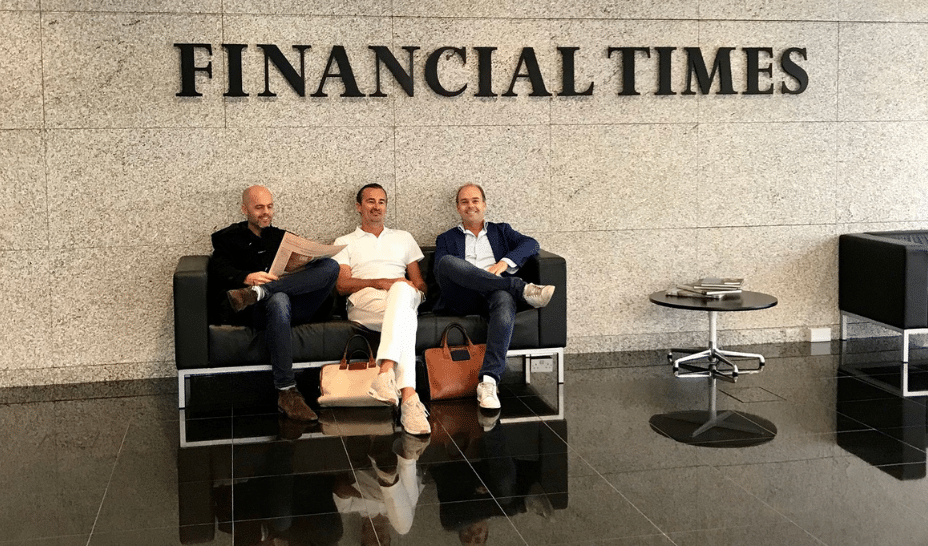Summary:
Natron Energy, a sodium-ion battery startup, liquidated after 12 years, unable to secure UL certification and facing investor pullbacks.
Had $25 million in orders and planned a $1.4 billion factory but was crippled by delays and a lithium price war that dropped prices by 90%.
Part of a trend including Powin and Northvolt bankruptcies, showing the difficulty of competing with Asia's established battery supply chains.
Highlights need for long-term government support and potential success through joint ventures with Asian giants like Panasonic.
Underscores that without consistent policies, US and European battery manufacturing efforts are likely to fail.
The Rise and Fall of Natron Energy
Sodium-ion battery startup Natron Energy has ceased operations after a 12-year journey, marking a dramatic end to its ambitious plans. The company, which had announced a $1.4 billion factory in North Carolina just over a year ago, filed for liquidation due to a cash crunch.
Key Challenges in US Battery Manufacturing
Natron had $25 million in orders lined up for its Michigan factory but couldn't deliver without UL certification, a process that often takes several months. Investors hesitated to release more funds, leading to financial instability. The primary shareholder, Sherwood Partners, attempted to sell its stake but found no buyers, resulting in liquidation through an "assignment for the benefit of creditors"—a faster alternative to Chapter 7 bankruptcy.
This closure underscores the broader difficulties in manufacturing batteries in the US, where inconsistent industrial policies and long development timelines exceed typical business cycles. Natron focused on stationary storage and data center markets, where sodium-ion's lower energy density is less critical, but was undercut by a lithium price war in China. Lithium carbonate prices dropped 90% in the last 2.5 years, making sodium-ion less competitive.
A String of Failures in the Battery Industry
Natron is not alone. In June, Oregon-based Powin filed for Chapter 11 bankruptcy after failing to find non-Chinese suppliers for lithium-iron-phosphate cells. Earlier this year, Swedish battery maker Northvolt also filed for bankruptcy, burning through $100 million monthly and losing a $2 billion contract with BMW due to delivery failures.
These failures highlight that Asia's mature supply chains and expertise make it challenging for the US and Europe to compete. Sustained government support over decades, rather than fluctuating policies, is essential for success. Joint ventures with companies like Panasonic, LG Energy Solution, and SK Innovation may offer a more viable path forward.
For now, the West's best hope for domestic battery manufacturing still relies on Asian partnerships.








Comments